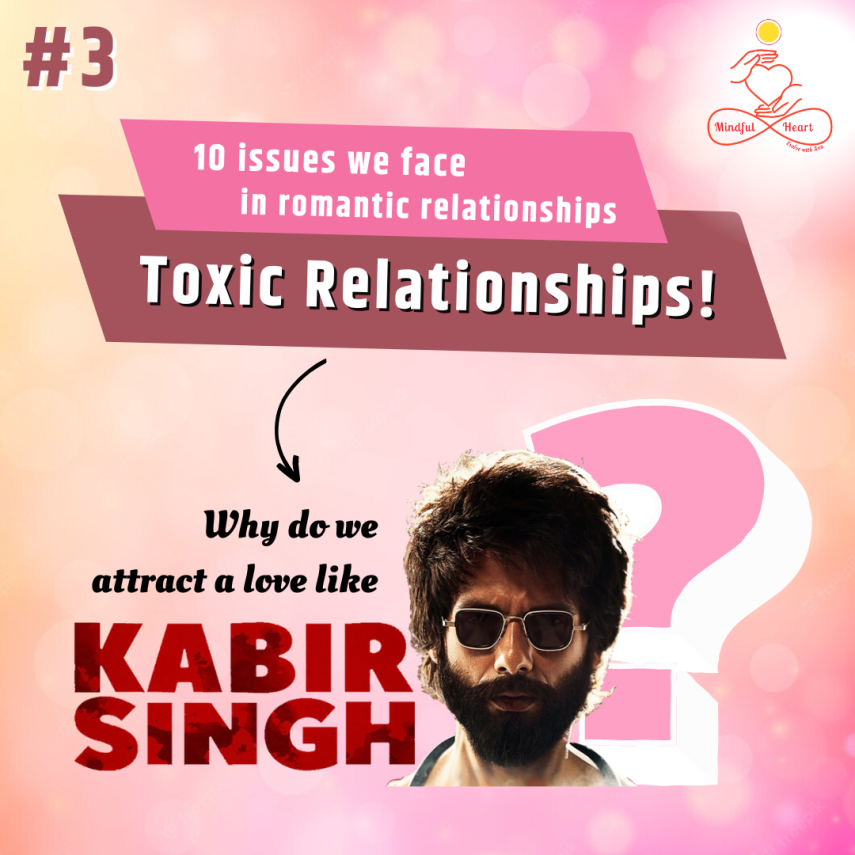
While relationships can be full of playful dates, positive emotional growth, and a stream of sunsets and heart emojis, that isn’t always the case. Unfortunately, these relationships can also become a significant source of stress, negativity, and an endless stream of drama and toxicity for many people.
We often mistake toxic behaviors for expressions of love. The romanticization of obsessive, possessive passionate relationships in popular media certainly contributes to this misjudgment. We are pushed to objectify one another and our love partnerships. Therefore, rather than someone with whom we can share emotional support, our partners are unfortunately seen as accomplishments or prizes.
So let’s first get clear about what a toxic relationship is. A toxic relationship occurs when one or both people are prioritizing love over the three core components of a healthy relationship, i.e., respect, trust, and affection.
The point behind this is that love shouldn’t be the only driving force behind maintaining a relationship because it may impair our judgement in many other crucial areas.
We may put up with unhealthy relationships for a variety of reasons, including low self-esteem, a lack of self-awareness that may prevent us from seeing what’s happening, emotional instability, and more. But all this results in establishing a relationship that is superficial, psychologically unsound, and emotionally toxic and we might consistently feel drained or unhappy after spending time with our partner.
If you are experiencing such toxicity within a long term relationship, you might even feel pressured to “make it work.” It is important to understand that your partner’s toxic behavior is not your fault. There aren’t any perfect relationships, but a healthy relationship is loving, kind and accepting. Sometimes the fear of not having a better relationship may prevent us from letting go of an unhealthy relationship. At such times, it is important to remind yourself that you rightfully deserve a respectful, fulfilling, and nurturing relationship.
So, please reach out to friends or family to talk about how you are feeling. If you feel isolated, or if it is difficult to reach out, you may consider seeking professional help from a therapist.

